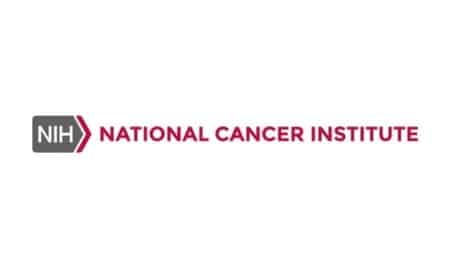The Gerson regimen is a diet-based therapy targeting cancer cell metabolism; it includes a specific diet, supplements, and coffee enemas.
How do experts use the Gerson regimen?
Expert groups for which we found published reviews of the Gerson regimen recommend against use. None of the published protocols and programs that we consult use this therapy. See Integrative Oncology Programs and Expert Guidelines ›
Professional and expert assessments
American Cancer Society
Two statements describe assessments of Gerson therapy or Gerson method.
Questionable methods of cancer management: ‘nutritional’ therapies ›
This 1993 review states: “No study published in the peer-reviewed literature provides reasonable evidence that the Gerson therapy is effective in the treatment of cancer.”1Questionable methods of cancer management: ‘nutritional’ therapies. CA: A Cancer Journal for Clinicians. 1993 Sep-Oct;43(5):309-19.
Gerson method of treatment for cancer ›
This 1973 statement states: “After study of the literature and other available information, the American Cancer Society has found no evidence that the Gerson Method results in objective benefit in the treatment of cancer in human beings. Lacking such evidence, the American Cancer Society strongly urges individuals with cancer not to seek treatment with the Gerson Method.”2Unproven methods of cancer management. Gerson method of treatment for cancer. CA: A Cancer Journal for Clinicians. 1973 Sep-Oct;23(5):314-7.
National Cancer Institute
This 2016 review states: “No conclusions about the effectiveness of the Gerson therapy, either as an adjuvant to other cancer therapies or as a cure, can be drawn from any of the studies reported.”
Deutsche Medizinische Wochenschrift
A 2012 review of anticancer diets including Gerson’s regimen concludes: “We did not find any scientific publication of a clinical study which describes positive results regarding survival.”3Hübner J, Marienfeld S, Abbenhardt C, Ulrich CM, Löser C. Wie sinnvoll sind “Krebsdiäten”? [How useful are diets against cancer?]. Deutsche Medizinische Wochenschrift. 2012 Nov;137(47):2417-22. German.
International Journal of Cancer
A 1998 review of diets including the Gerson diet concludes: “No anti-cancer diet has been shown to cure established cancers, even those whose incidence is decreased by dietary changes.”4Weitzman S. Alternative nutritional cancer therapies. International Journal of Cancer. Supplement. 1998;11:69-72.
Commentary
Nancy Hepp, CancerChoices lead researcher: Not only is very little evidence available to support the Gerson regimen as a beneficial cancer therapy, but we could find no indications that it is being investigated. A 2005 review of complementary and alternative medicine (CAM) in the Tijuana, Mexico, area found no listings of clinical trials in progress at that time,5Moss RW. Patient perspectives: Tijuana cancer clinics in the post-NAFTA era. Integrative Cancer Therapies. 2005 Mar;4(1):65-86. and we found no current listings of studies at ClinicalTrials.gov. We consider it highly unlikely that new research will be published in the near future providing more evidence of effectiveness.
References

